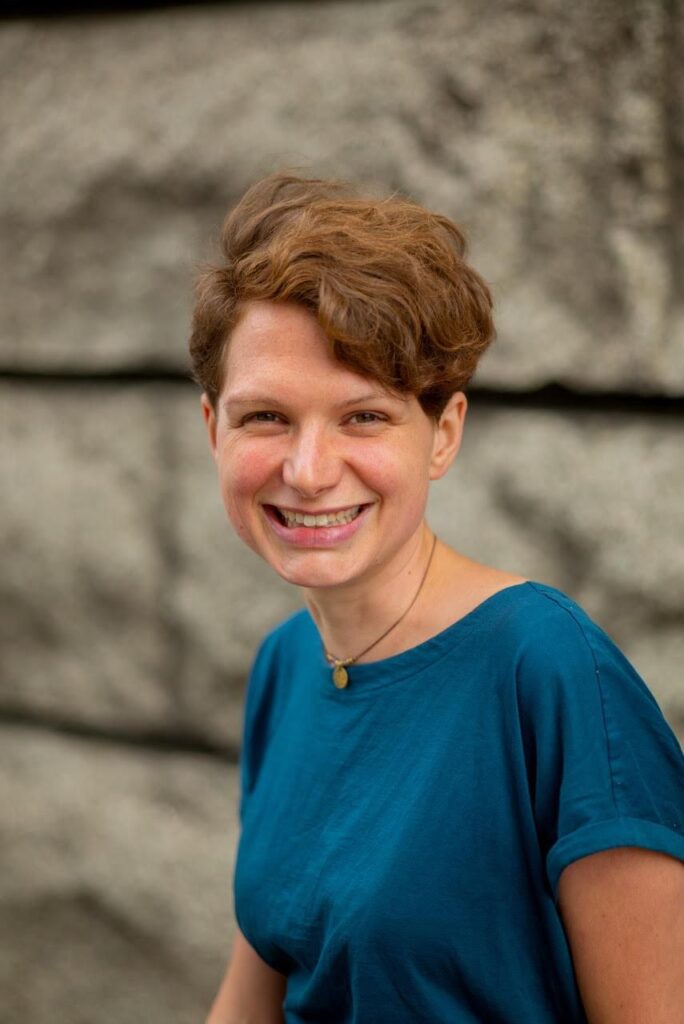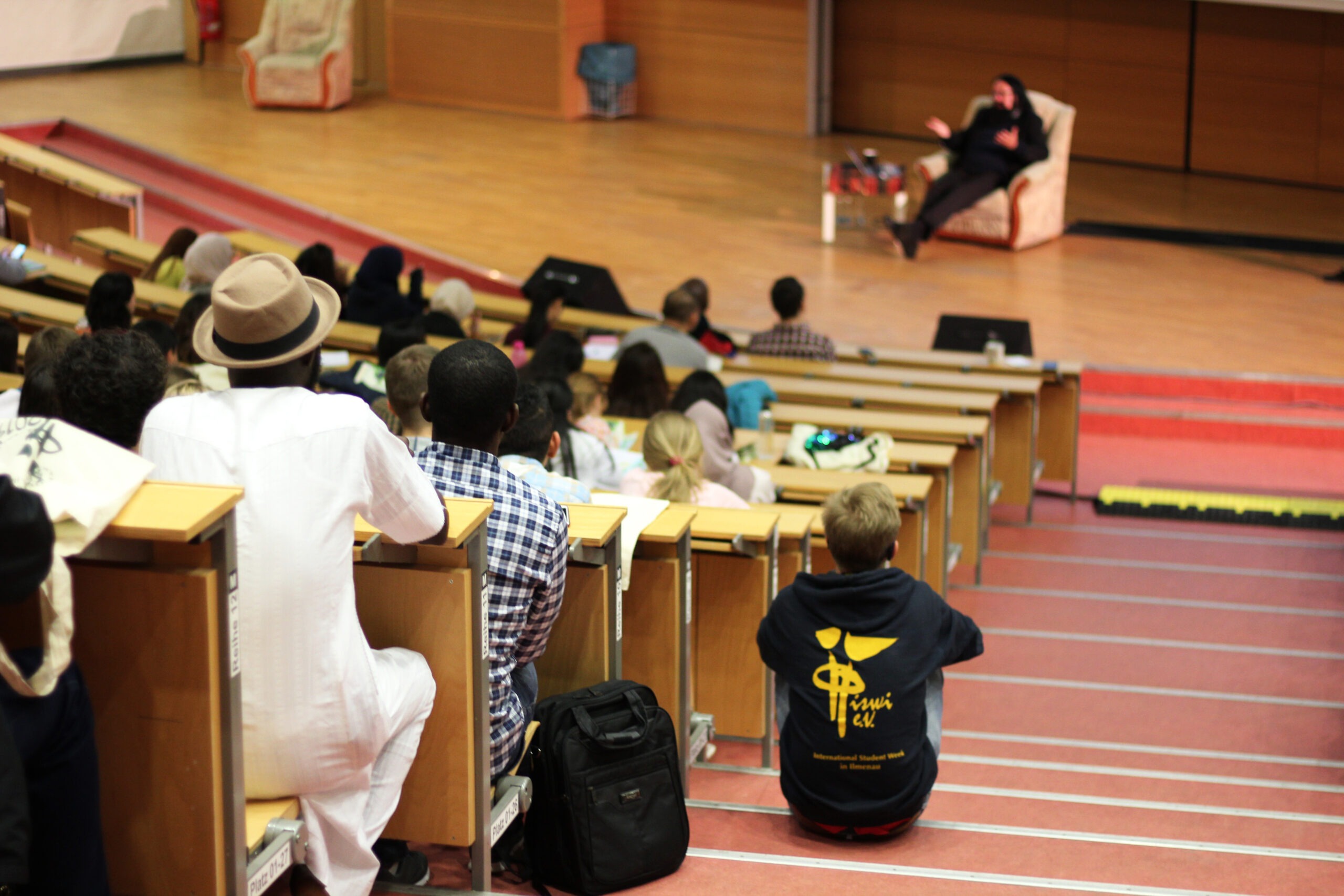Get excited and dive with our notable speakers from all over the world into the topic of ISWI 2025. During the Week we will offer several keynotes and panel discussion that focus on different aspects of the topic of “Sharing Power, Giving Opportunities and Enabling Participation”. The speakers and panelists will be announced before the conference.
World In Flux - And Our Role In It
- Friday, June 13
- 4:00 pm - 6:00 pm
- Audimax, Humboldtbau
Join us for our first discussion in ISWI 2025! It feels like our world is a rollercoaster and we are part of it. But where does it go and how can we influence the direction? To kick things off, we have invited speakers from different backgrounds to share their perspectives on our main topic in short inputs. And we also want to get your perspectives. So come around, get involved and let’s get ISWI 2025 started together.
James O. Young, FRSC, is Professor of Philosophy at the University of Victoria, Canada. He is the author of many books, including Art and Knowledge (2001), Cultural Appropriation and the Arts (2008), Critique of Pure Music (2014) and A History of Western Philosophy of Music (2023). Another book, Critique of Practical Music: Music and Moral Development, is forthcoming later this year. He is also the author of more than 80 articles in refereed journals.
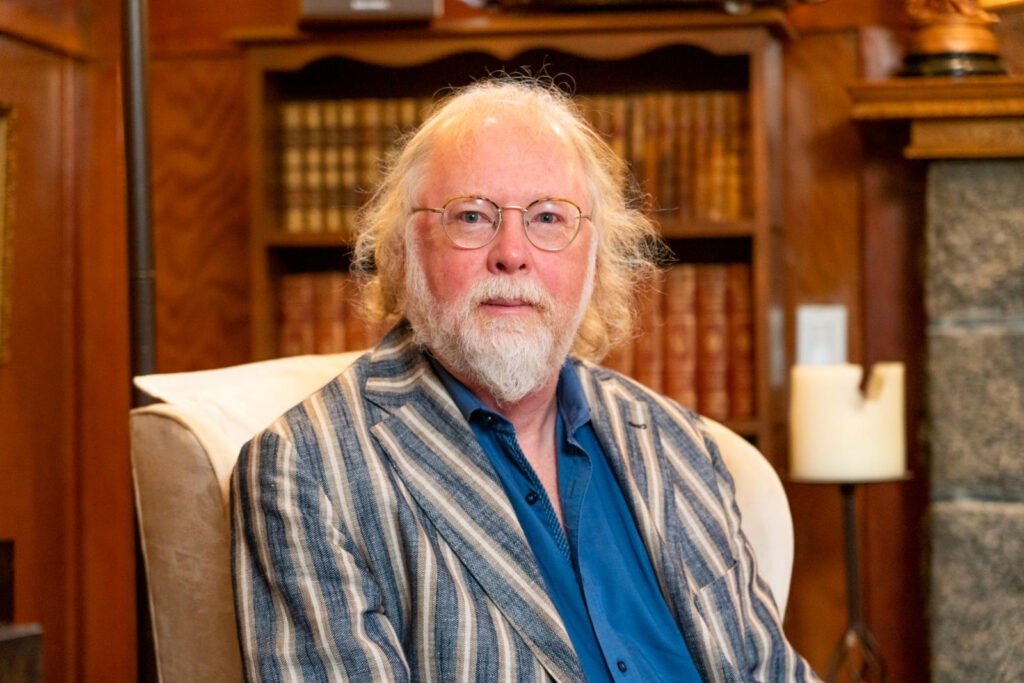
James O. Young
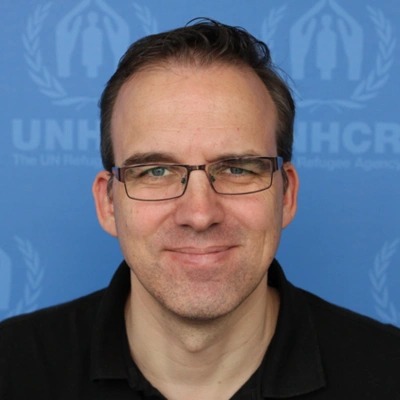
Chris Melzer
Bee-yond Culture
- Sunday, June 15
- 3:00 pm - 5:00 pm
- Audimax, Humboldtbau
What is “culture” — and what do we assume when we speak of it? In Bee-yond Culture, we take a critical look at cultural concepts and their risks, such as cultural rascism and stereotyping. Prof. Arnold Groh will open with insights on Theories of Culture. Afterwards you have the possibility to discuss with diverse speakers from different fields about the role of arts and culture in society. ISWI 2025 invites you to challenge prejudices, rethink “culture” and experience dialogue that bridges worlds.
Arnold Groh is a psychologist and cultural researcher known for his expertise in cultural systems and intercultural psychology. As head of the “Structural Analysis of Cultural Systems” research institution, which is in Special Consultative Status with the UN, he has conducted extensive fieldwork among indigenous societies worldwide. Groh’s work focuses on understanding cultural identity, intercultural communication, and the mechanisms of globalisation, making significant contributions to the study of culture and diversity.
This keynote presentation, titled “The Concept of Culture,” explores the multifaceted and contested nature of culture through historical, theoretical, and practical lenses. Framed by the conference theme “Bee-yond Culture,” it contrasts the rigid social order of insect societies with the human capacity for reflection and cultural transformation. Drawing on insights from the speaker’s book Theories of Culture and Research Methods in Indigenous Contexts, the talk traces how cultural dominance has escalated through historical syntheses, leading to today’s global crises. The presentation culminates in an invitation for students to move from theory to practice by joining the Intercultural Field Research Training Programme.
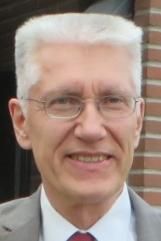
Prof. Arnold Groh
Dr. Lea Horvat is a postdoctoral lecturer at Friedrich Schiller University Jena, researching coffee, gender, and labor in the Habsburg Empire’s southern semiperiphery. She published a cultural history of socialist mass housing in Yugoslavia in 2024. She holds a PhD in History from the University of Hamburg and an MA from the University of Zagreb. She has held visiting positions across Europe and the U.S. and co-founded Women\* Write the Balkans. Her work focuses on gender, architecture, food, and popular culture in Southeast Europe.
Coffeespaces: Global Histories in Local Places
Why is coffee—grown far from Europe—so central to daily life across the Global North? In this interactive workshop, we’ll explore how coffee became more than just a drink: a cultural staple shaped by history, identity, and global connections. Working in small groups, we’ll dive into case studies ranging from cozy Viennese coffeehouses to the global spread of Starbucks, exploring what makes each coffee culture and coffeespace unique. Along the way, we’ll also touch on the legacies of colonialism and the role of gender and labor in shaping how we drink—and think about—coffee.
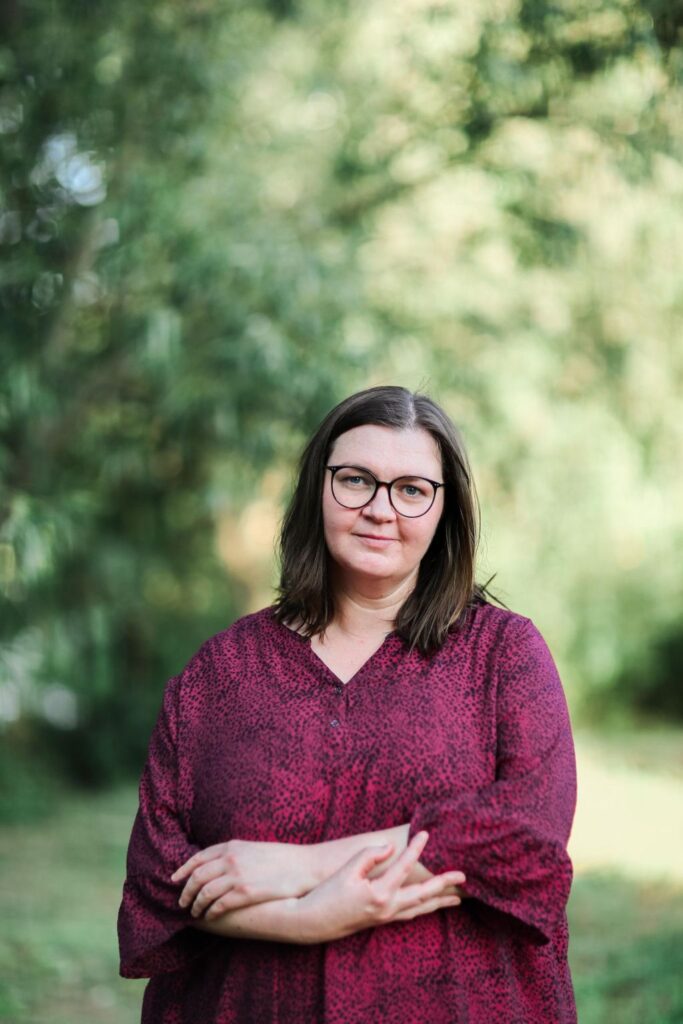
Dr. Lea Horvat
James O. Young, FRSC, is Professor of Philosophy at the University of Victoria, Canada. He is the author of many books, including Art and Knowledge (2001), Cultural Appropriation and the Arts (2008), Critique of Pure Music (2014) and A History of Western Philosophy of Music (2023). Another book, Critique of Practical Music: Music and Moral Development, is forthcoming later this year. He is also the author of more than 80 articles in refereed journals.
Music and moral development
Since ancient times, in both the West and in China, philosophers and other have believed that listening to the right kind of music will promote moral development and the wrong kind of music will promote moral decay. (This view is also common in other cultures, including certain African cultures and in the Islamic world.) This session will ask whether there is any reason to believe that philosophers have been right to think that music can promote moral development and ask whether music may contribute to the solution of today’s moral problems.

James O. Young
Garey Godson, an Afro Fusion Artist, and Philip Appah, a Fashion Stylist/Designer, both hailed from Nigeria and Based in Berlin Germany are committed to fostering an Ecosystem in Berlin DE and Beyond where BiPoC creators can grow and thrive together. Their aim is to cultivate an inclusive space that nurtures creativity and promotes collaboration among diverse talents.
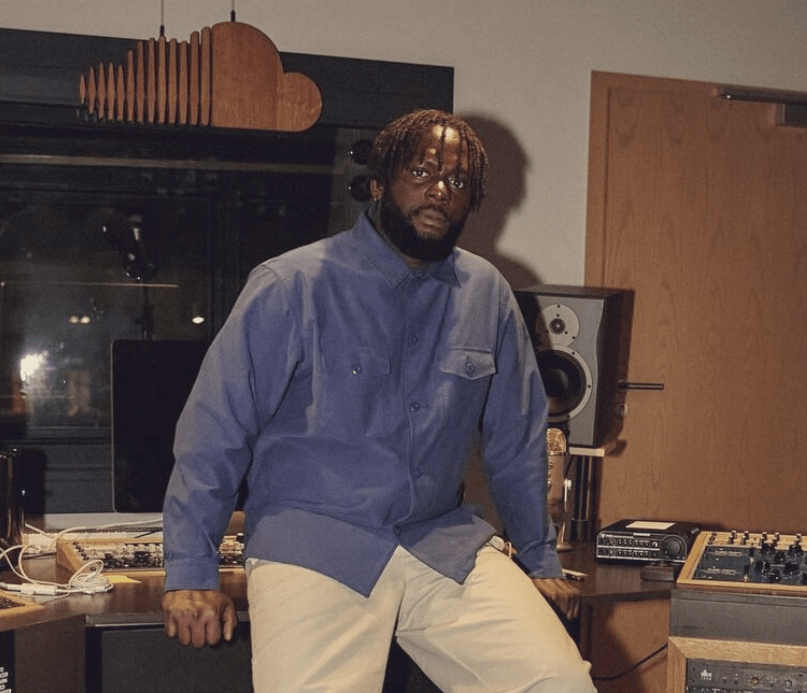
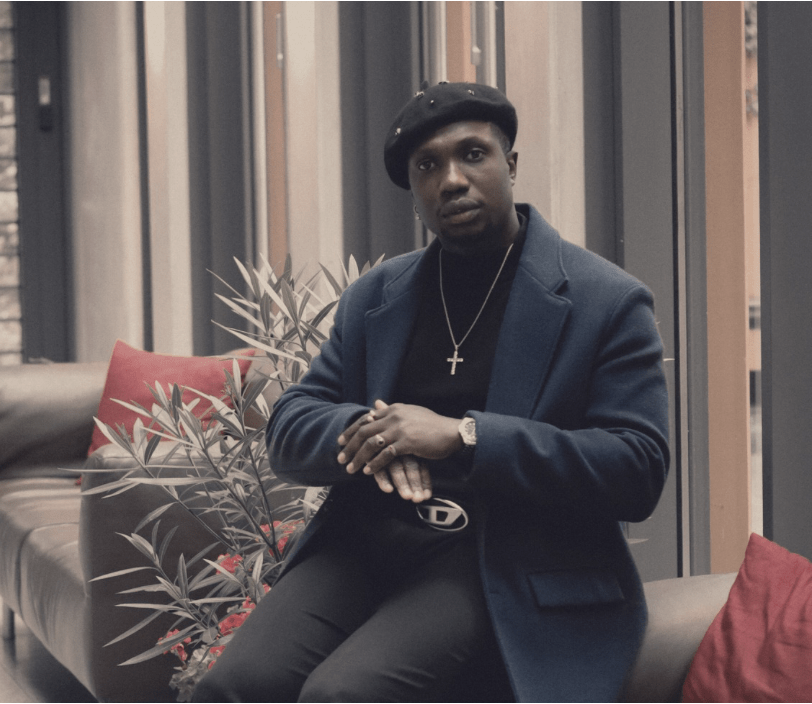
Black Aspiring Creators
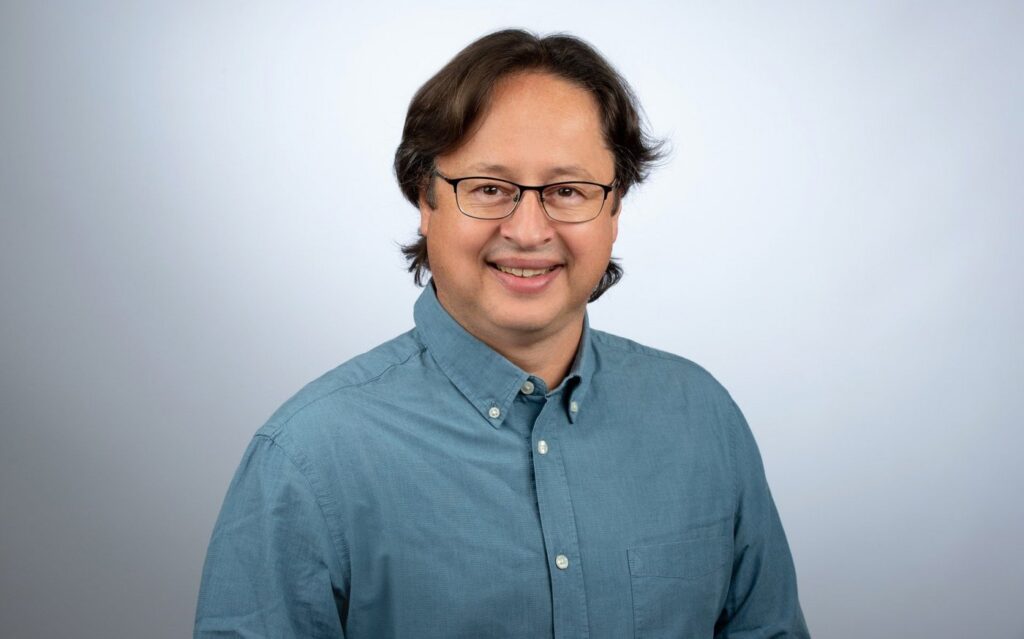
Stephan Fischer
Keynote - Distribution of Wealth
- Tuesday, June 17
- 3:30 pm - 5:30 pm
- Audimax, Humboldtbau
What is wealth and how to distribute it fairly? This is the major question for our interactive fishbowl discussion, where we will discuss the complexities of global inequality. In a short input Dhananjayan Sriskandarajah (New Economics Foundation) will give his perspective on the topic, which will be discussed with you and Ph.D. Vasco Molini (Senior Economist at World Bank). So join the bowl and dive deep into the topic.
Vasco Molini leads the 50×2030 initiative, helping 50 low and lower middle-income countries improve agricultural data use for rural development and food security. He was previously a Senior Economist at the World Bank, focusing on rural livelihoods and data systems. Over a decade, he worked across several African countries, leading efforts on jobs, inequality, and poverty. Before that, he researched food security and insurance for poor farmers. He holds a PhD in Economics and a Post-Doc from the Free University of Amsterdam.
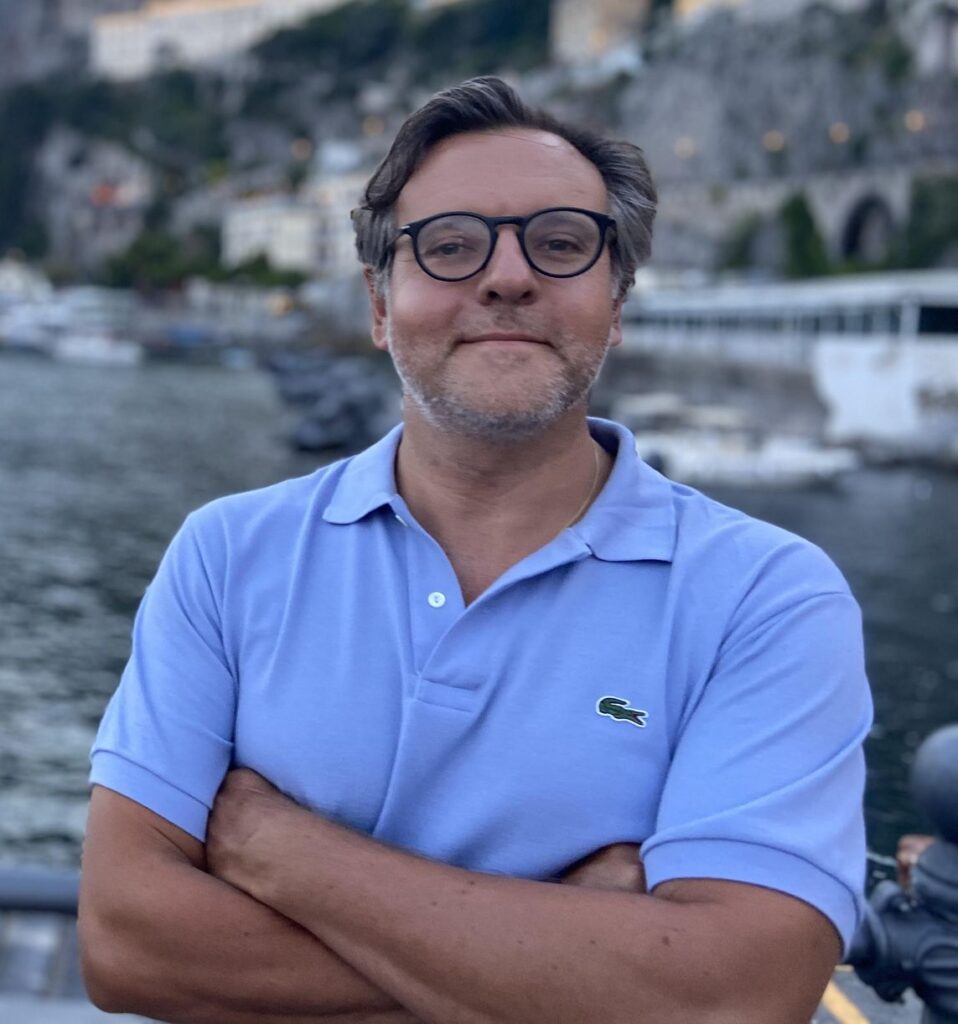
Vasco Molini
Panel - Part(y)cipation through Sports
- Wednesday, June 18
- 11:00 am - 12:30 pm
- Audimax, Humboldtbau
Sports can be a driving factor for participation and inclusion in society. Together with Sven Spannekrebs (Olympic trainer of Yusra Mardini, who participated in the refugees team in Rio 2016) and Dr. Antonio De Fano (trainer of the Italian Olympic team 2024 for breakdance) we want to discuss with you the possibilities and limits of sports to foster participation. At the same time we want to address, what it requires to lift these potentials and avoid drawbacks. Topics like self-awareness, empowerment and societal change, but also commercialisation of sports and health will be adressed. So join us and bring in your thoughts and experiences.
Antonio De Fano moves between breaking and scientific research. Growing up in a tough neighborhood in Bari, he found belonging through his crew and hip hop, which changed his life. He studied Sport and Movement Sciences, later earning a master’s and PhD focused on the brain and movement. Now a lecturer and researcher, he explores the connection between body, mind, and breaking. His mission is to help others, especially those on the margins, find hope and purpose.
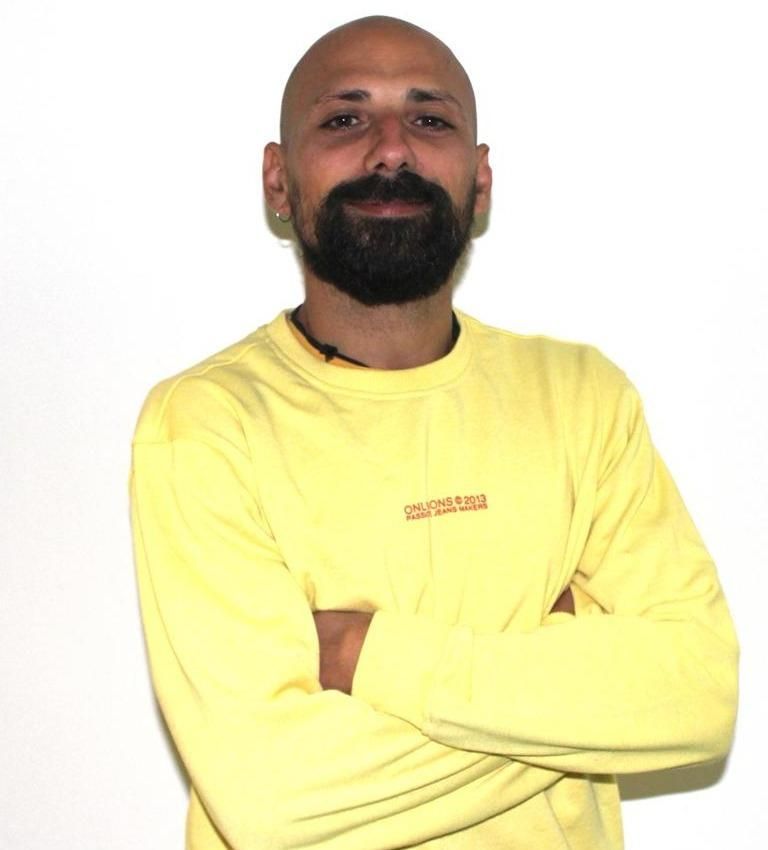
Antonio De Fano
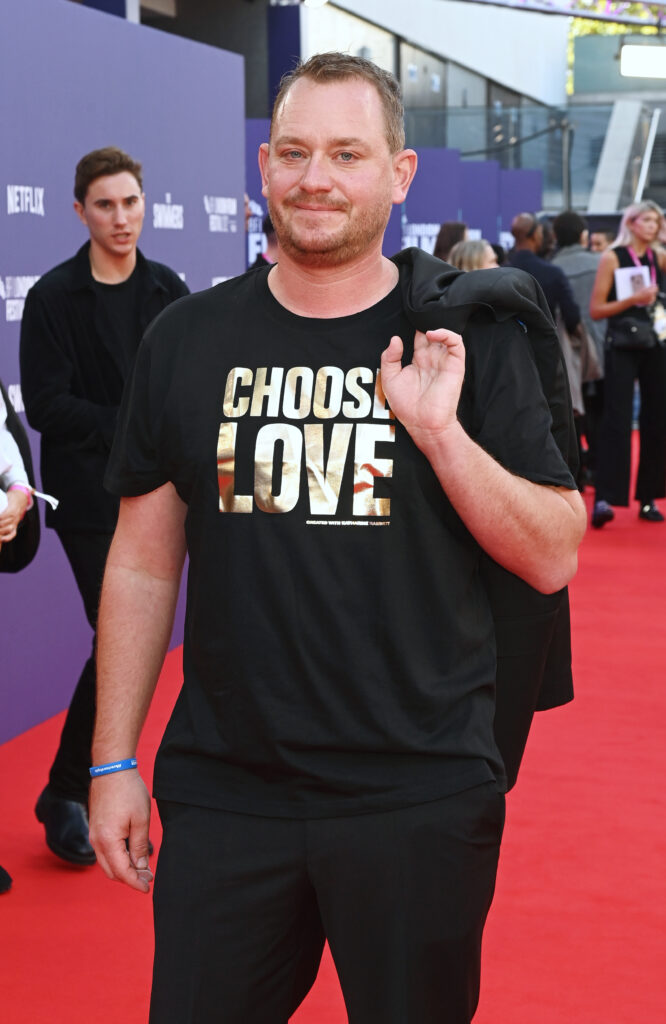
Sven Spannekrebs
Panel - Ethical AI
- Thursday, June 19
- 3:30 pm - 5:30 pm
- Audimax, Humboldtbau
The development and usage of Artificial Intelligence and algorithms have been on the rise for the last few years. It is nowadays part of our everyday life, influencing how we participate in society. But next to the positive impacts, there are ethical concerns about how AI and algorithms are currently used. In our panel, we will address topics like the role of big tech companies, biases of AI and algorithms and how to use i ethically. Our panelists Tianling Yang (Weizenbaum Institute), Aline Blankertz (rebalance now) and Michael Seemann (free journalist) will assess the development and discuss their thoughts on the current state and progress that needs to be made.
Tianling Yang is a doctoral researcher in the research group “Data, Algorithmic Systems and Ethics” at the Weizenbaum Institute and at Technische Universität Berlin. She studied Social Sciences at Humboldt-Universität zu Berlin. She investigates the contexts and working conditions of the production of ML data, with a special focus on the contexts in China. She is interested in the power dynamics that shape data production and annotation tools.
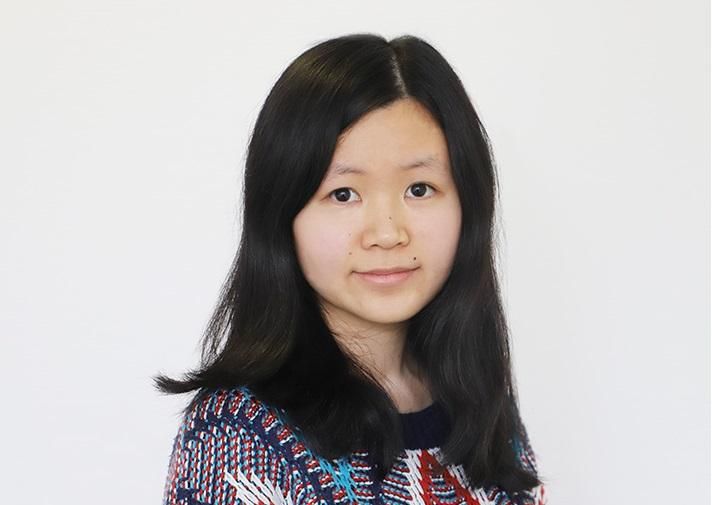
Tianling Yang
Michael Seemann is a media and cultural scientist from Berlin. His last book: Die Macht der Plattformen (2021) presented a comprehensive theory of power in the digital age. In his paper for the Hans Böckler Foundation: “Künstliche Intelligenz, Large Language Models,ChatGPT und die Arbeitswelt der Zukunft” (2023), he provided a comprehensive critical assessment of the hype surrounding Large Language Models (LLM). He is currently thinking and working on power, politics and Artificial Intelligence in his newsletter “Krasse Links”.
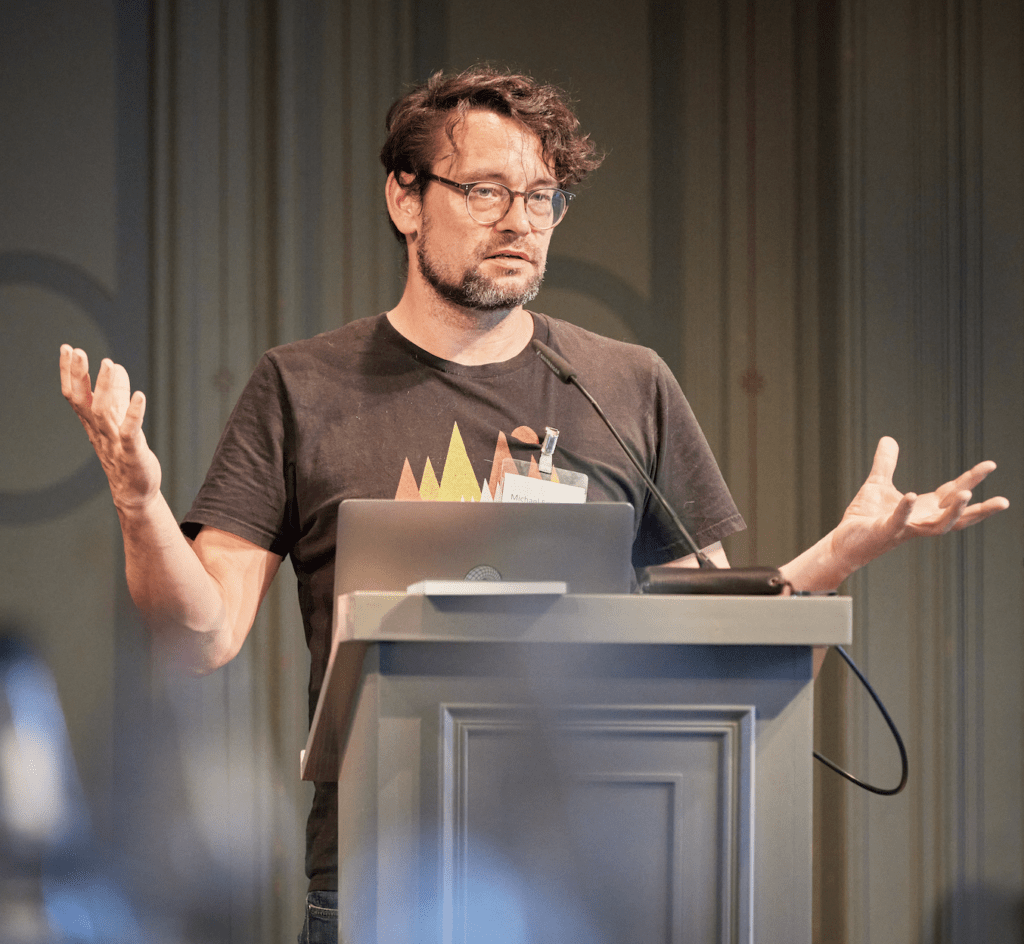
Michael Seemann
Aline Blankertz is an applied economist and currently works as the Tech Economy Lead at the anti-monopoly organisation Rebalance Now. She has also co-founded the digital policy collective Structural Integrity. Her work has focussed on digital and data policy for various years, at Wikimedia Germany, the think tank interface and an economic consultancy, among others.
